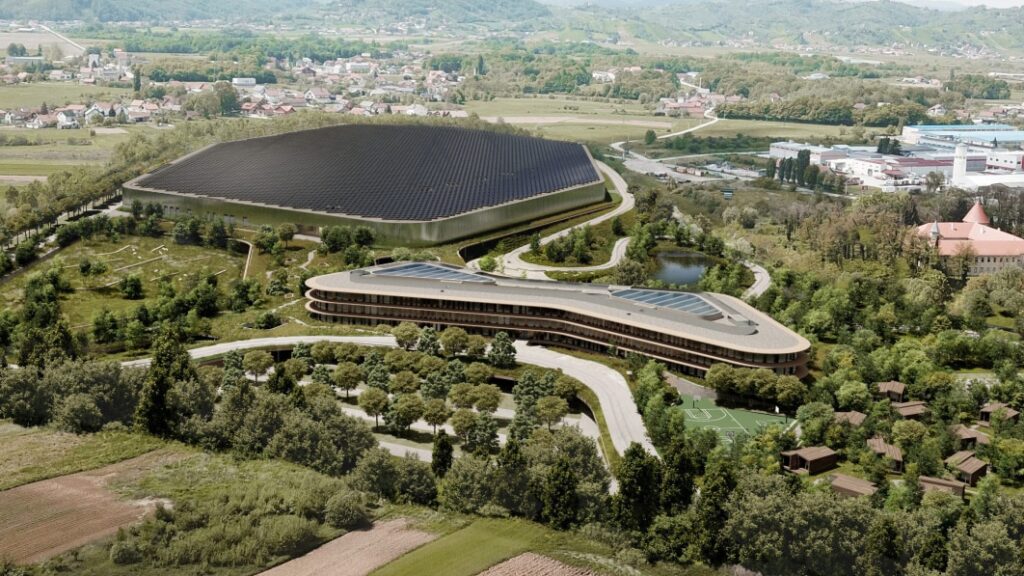As with all trends, different manufacturers are experiencing different fates in the current EV upheaval. After a costly learning and adaptation phase with its first i3, BMW is now on a roll, with i4, iX1 and i7 deliveries up 41% in the first quarter of this year, and the Munich automaker leading the way worldwide. is expected to account for 20% of unit sales. Deliveries in 2024 are expected to be battery-powered. Achieving the 20% goal will give him a 5% increase compared to 2023. Continuing to look to the future, BMW announced that it has entered into a long-term partnership with Rimac Technology to “co-develop and co-produce innovative solutions in the field of high quality.” Voltage battery technology for certain battery electric vehicles. ” This means high-voltage (800+ volts) packs and architectures for future BMW products, but neither automaker has hinted at what those products will look like.
To clarify the relationship, Rimac Technology is a wholly-owned subsidiary of Rimac Group. The technology division has been established for more than 10 years and is an EV engineering supplier for a variety of automakers. It helped with the hybrid battery system for the Aston Martin Valkyrie, produced the pack for the Koenigsegg Regera and the powertrain for the Pininfarina Battista, and worked with Jaguar Classic Works on the E-Type Zero.
BMW's move signals a move towards mainstream development, forcing changes to its Rimac campus headquarters in Croatia (pictured above). CEO Mate Rimac said the partnership is “an important milestone for Rimac Technology, as it is the largest and most ambitious project the company has undertaken to date.” Meeting the conditions would mean adding “a highly automated production line for batteries” to the campus, which is a “substantial portion” of land dedicated to the project. The company reportedly hopes to supply at least 100,000 batteries a year to OEMs by 2026.
The BMW news appears to coincide with a venture completed late last year. Rimac began developing an EV platform called 46XX that uses 46mm cells at least two years ago, said the company's head of research and advanced engineering. car news europe “The new module platform will form the basis of most of our future programs.” Last August, BMW announced that it had partnered with Chinese battery cell supplier Eve Energy to supply dozens of 46mm batteries for BMW's European EV due to be launched next year. A billion euro contract was signed. This extends Eve's existing contract to supply units for BMW's China market products. A month after the European BMW-Eve agreement, Rimac and Eve partnered on Rimac's 46XX platform, with Eve providing cells and Rimac integrating the cells into European production of the 46XX architecture.
BMW has made it clear that the Neue Classe cars are not part of the Rimac partnership (at least not as of next year's launch). BMW and Rimac appear to be working on EV components further down the pack and platform line that could be part of BMW's 6th generation EV drivetrain and technology.


